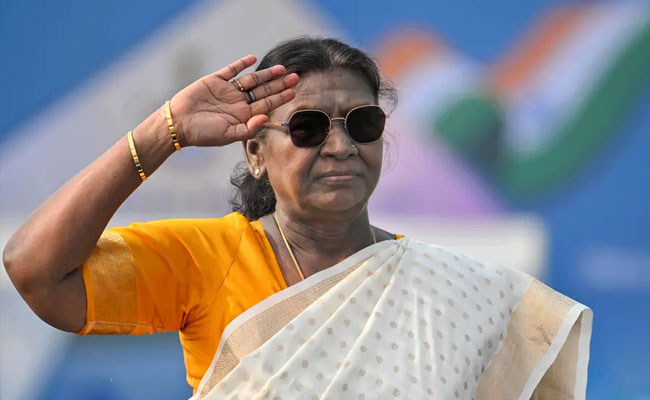Bengaluru (PTI): With Tirupati Laddu row snowballing into a major controversy, Karnataka government on Friday issued a circular instructing all temples coming under the Hindu Religious Institutions and Charitable Endowments Department, to maintain quality in 'prasada' prepared there.
The temples have also been asked to only use the Nandini brand ghee of the Karnataka Milk Federation (KMF) at the temples.
"It is hereby instructed that at all notified temples that come under the Karnataka State Religious Endowment Department to only use Nandini ghee compulsorily for 'sevas' (services), lamps, preparation of all kinds of prasadas, and at 'Dasoha Bhavans' (where food is served)," the circular said.
It said, "It is instructed to maintain quality in prasada at the temples."
Tirumala Tirupati Devasthanams (TTD), which manages the super-rich Sri Venkateswara Swamy temple on Friday revealed it has come across sub-standard ghee and presence of lard in samples tested for quality, echoing claims first made by Andhra Chief Minister N Chandrababu Naidu two days ago.
Let the Truth be known. If you read VB and like VB, please be a VB Supporter and Help us deliver the Truth to one and all.
Agartala (PTI): Tripura Transport Minister Sushanta Chowdhury has thanked Prime Minister Narendra Modi and Railways Minister Ashwani Vaishnaw for clearing the final location survey (FLS) for a new rail line between Jirania and Bodhjungnagar industrial estate in West Tripura.
The Ministry of Railways has accorded sanction for conducting an FLS for the construction of a new line, the NFR said in a statement on Monday.
The estimated cost of the 14-km stretch will be Rs 42 lakh, and the approval marks an important step toward strengthening railway infrastructure and enhancing industrial activities in the northeastern state, it said.
"The approval for the construction of this new railway line is an important step in strengthening the railway infrastructure in the state and increasing the mobility of various industries in the industrial city of Bodhjungnagar," the transport minister said in a Facebook post on Monday.
"The proposed new Jirania-Bodhjungnagar railway line, if commissioned, will play an important role as a rail corridor for the transport of goods from the industrial city of Bodhjungnagar and which will benefit the people of the state, including businessmen," he added.
After the completion of this survey, the construction of the new railway line will help encourage further industrial development in the districts adjoining West Tripura, which will significantly boost the local economy, he said.
"This important project will play a special role in improving the railway connectivity in the state and boost the economic growth of the region," the minister added.
"I express my heartfelt gratitude to Prime Minister Narendra Modi, Chief Minister Manik Saha and Railway Minister Ashwini Vaishnaw for taking this step," he added.





_vb_22.jpeg)